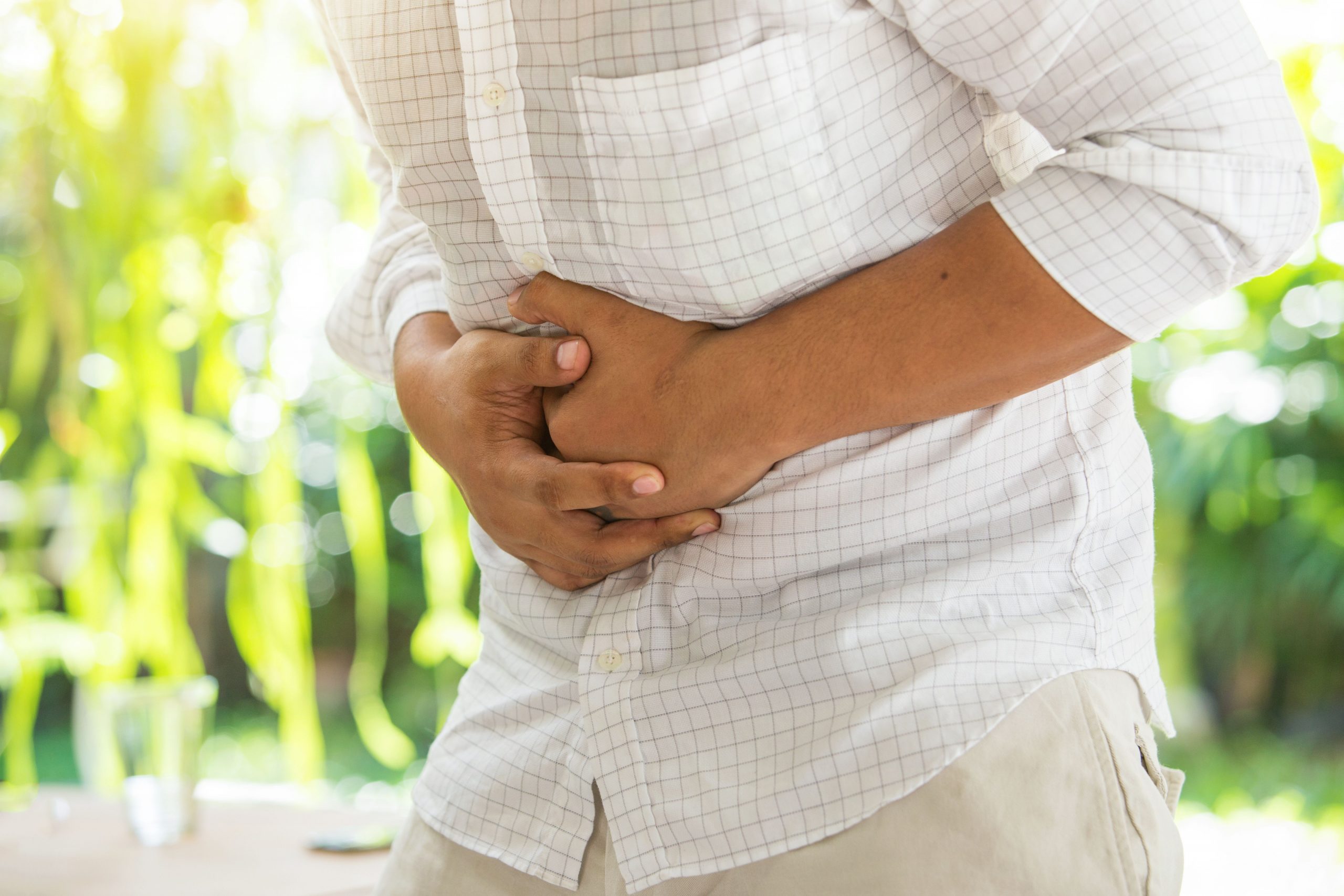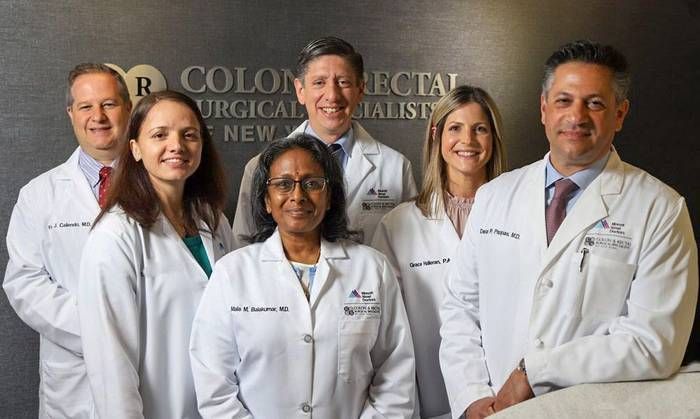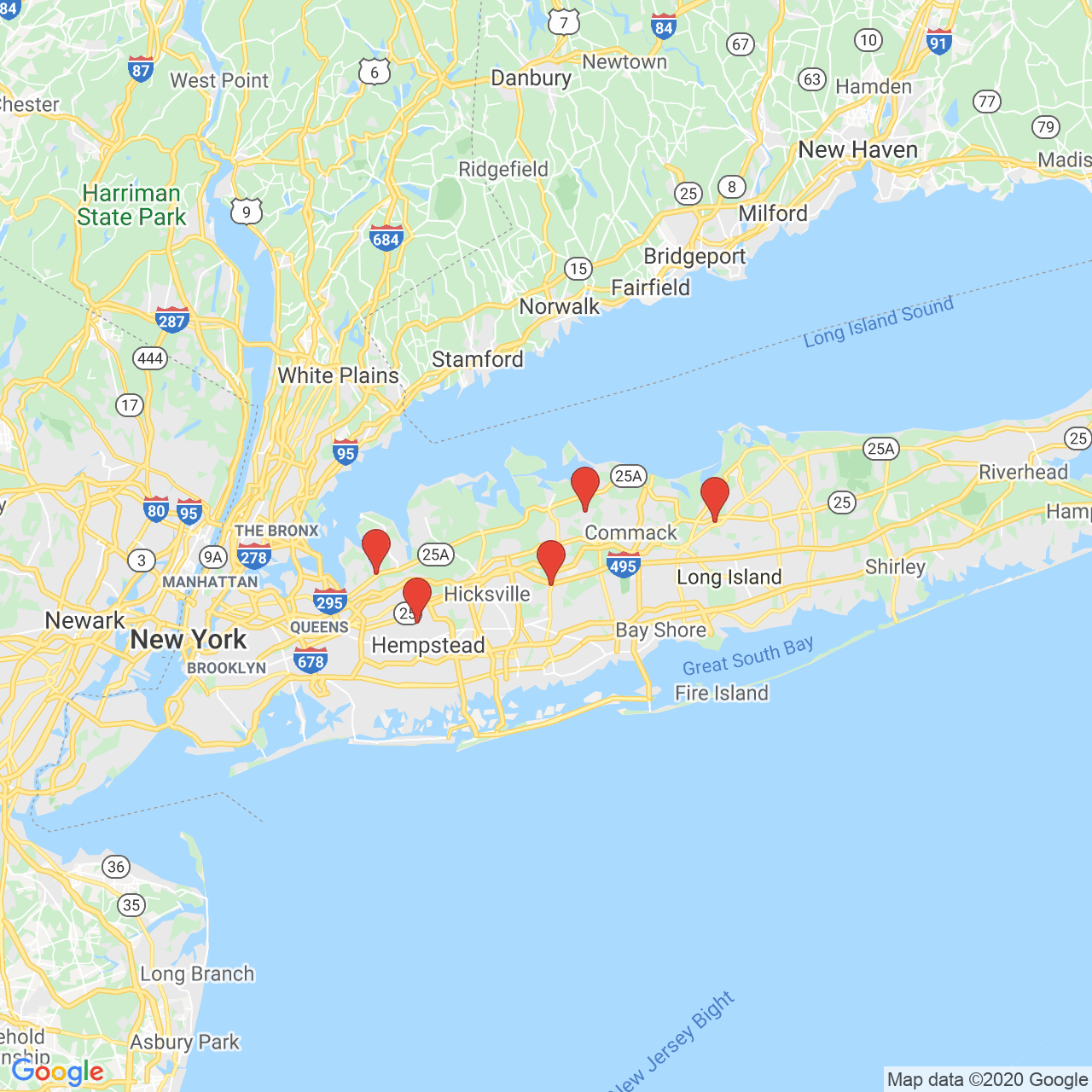
BY DEAN PAPPAS M.D.
Proctitis is condition that causes inflammation within the lining of the rectum; it can be very painful for many sufferers. At Colon & Rectal Surgical Specialists of New York, our doctors offer conservative treatment options for proctitis and other colon and rectal health issues to help patients enjoy the quality of life they deserve. Treating proctitis may be as simple as making lifestyle changes or taking anti-inflammatory medications, while some people with severe issues may require surgery.
The right course of action will depend on the cause of proctitis. Let’s take a moment to consider some common proctitis causes in this overview from our Garden City, NY based colon and rectal surgical specialists.
About Proctitis
Proctitis is a disease that causes inflammation of the lining of the rectum, the muscle at the end of the colon. Inflammation may resolve after a short period of time or may be a chronic condition.
The muscles of the rectum help push stool out of the body, which is why it’s common for people with proctitis to feel as though they constantly need to have a bowel movement. Other signs and symptoms of proctitis include:
- Rectal pain and bleeding
- Diarrhea
- Pain during bowel movements
- Passing mucus
- A full feeling in the rectum
- Abdominal pain on the left side of the body
What Causes Proctitis?
Proctitis can develop for a variety of reasons. Some possible causes of proctitis include:
- Inflammatory bowel disease: Inflammatory bowel disease, including Crohn’s disease and ulcerative colitis, is a common cause of proctitis.
- Cancer radiation therapy: Radiation therapy used to treat cancer in areas near the rectum can cause the lining of the rectum to become inflamed. Proctitis caused by radiation therapy may only last during treatment, but can occur several years later.
- Sexually transmitted infections: Proctitis can occur as a result of sexually transmitted infections, including genital herpes, chlamydia, and gonorrhea, especially with anal intercourse.
- Other infections: Infections related to food borne pathogens, including salmonella and shigella, as well as infections linked to HIV can cause inflammation of the rectum.
- Food protein-induced proctitis: Some infants may develop proctitis from being fed cow’s milk or soy-based formulas. Breastfed babies may also develop proctitis from dairy products eaten by the mother.
- Eosinophilic proctitis: Children under the age of two may develop a form of proctitis called eosinophilic proctitis. This form of proctitis is caused by a buildup of white blood cells in the lining of the rectum.
- Antibiotics: Taking antibiotics can end up eliminating helpful bacteria in the bowels and in doing so sometimes allows harmful bacteria to grow in the rectum. Harmful bacteria can cause inflammation and lead to proctitis.
Treating Proctitis
If left untreated, proctitis can cause serious damage to the digestive tract, potentially causing sores and scarring. This can lead to chronic pain as well as malnutrition. Treatment is essential to protect the digestive system and end the discomfort of proctitis.
In order to treat proctitis, it is important to determine the underlying cause, which may be done through a colonoscopy and other tests. Once a cause is determined, a treatment plan may be created and may include one or more of the following treatments:
- Anti-inflammatory medications, such as corticosteroids, to reduce inflammation
- Antibiotics to treat infection
- Immunosuppressant medications to treat inflammatory bowel diseases caused by autoimmune issues
- Lifestyle changes, such as dietary changes, to manage symptoms and prevent flare-ups
- Surgery in situations where the intestines have been damaged by inflammatory bowel disease
Schedule a Consultation
To learn more about the causes of proctitis, or to find out which treatments are right for you, please contact our office to schedule a consultation.

